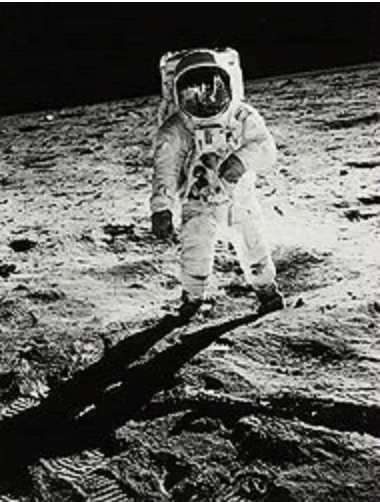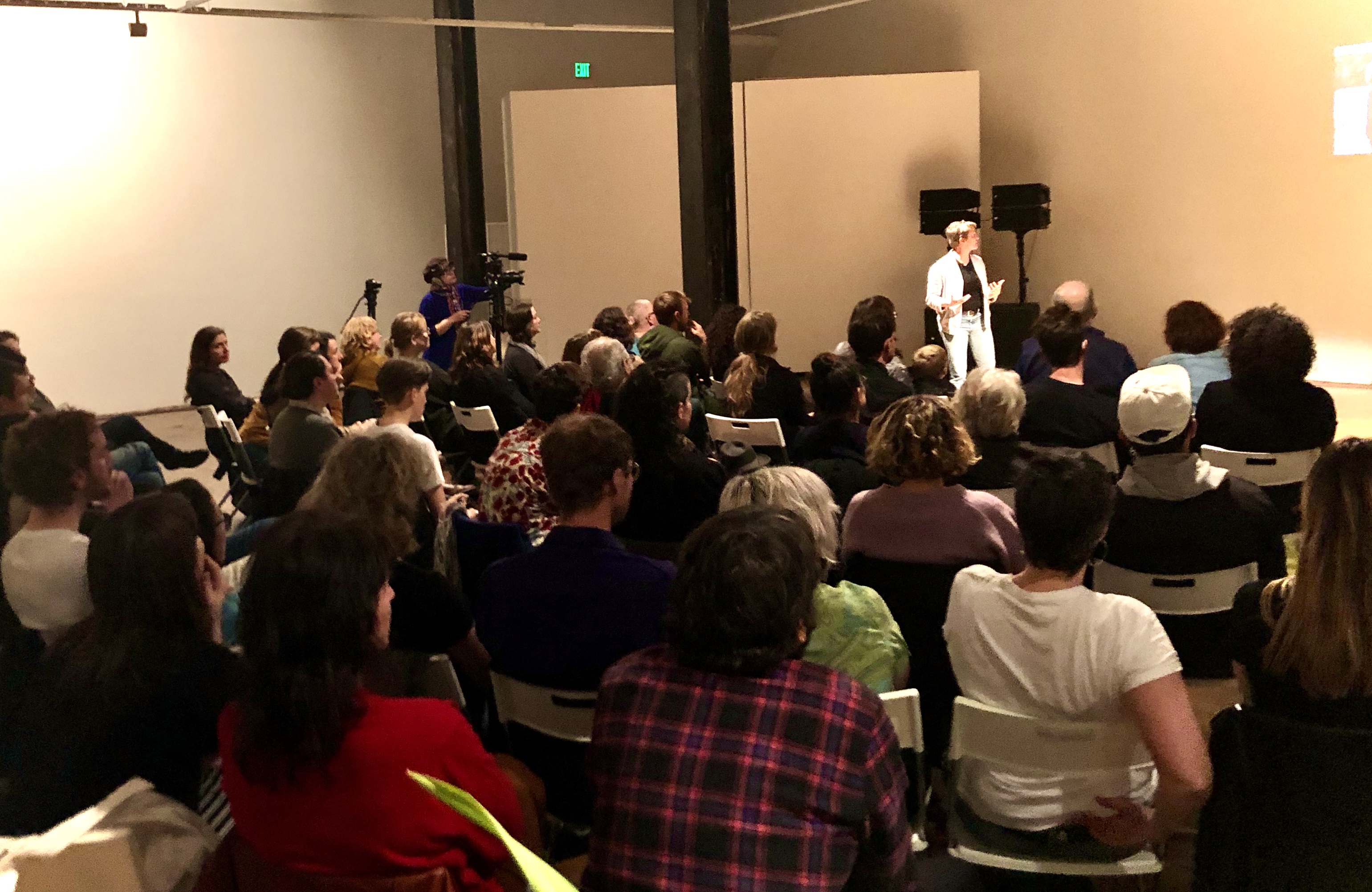November 16, 2019
Judith Rodenbeck:
Bipedal Modernity
The Lab. San Francisco, CA

Heavy Breathing presents “Bipedal Modernity” a peripatetic workshop by writer and cultural historian, Judith Rodenbeck. This hybrid lecture/workshop looks at a history of walking and its imaging from the late 19th century invention of chronophotography through the first moon walk to the present. This event is FREE and open to the public.

WORKSHOP DETAILS
November 16, 2019 ~ 7:00pm
The Lab
2948 16th St, San Francisco, CA 94103
FREE + OPEN TO THE PUBLIC
Judith Rodenbeck‘s teaching and research encompass critical theory, performance studies, the politics of aesthetics, and radical pedagogy, especially as these engage with modernism and its avant-gardes and with contemporary art practice. Her first book Radical Prototypes: Allan Kaprow and the Invention of Happenings (MIT, 2011) explores the emergence of performance and intermedia in the American fine arts of the 1950s. She is currently working on several book-length projects: case-studies of four women artists engaged with media ecologies ca. 1969, which will feature essays on Lygia Clark, Joan Jonas, Alison Knowles, and Marta Minujin; a longitudinal study of the intersections between what Marcel Mauss called “techniques of the body” and the visual arts, configured through the notion of the performative; and an experimental text, Bipedal Modernity.
In addition to authoring numerous catalogue essays, she has served as editor-in-chief of Art Journal and is on the editorial board of Evental Aesthetics. Her work has appeared in journals such as October, Grey Room, X-TRA, Artforum, Modern Painters, Sculpture, Woman’s Art Journal, Brooklyn Rail, and Camera Austria, among others. A Fellow at the Clark Art Institute, she is also a past recipient of grants from Creative Capital/Andy Warhol Foundation, the Mellon Foundation, and the American Council of Learned Societies. Rodenbeck is Assistant Professor of media and cultural studies at University of California, Riverside.

Image: Étienne-Jules Marey, Walking Man, 1884.
![]()


